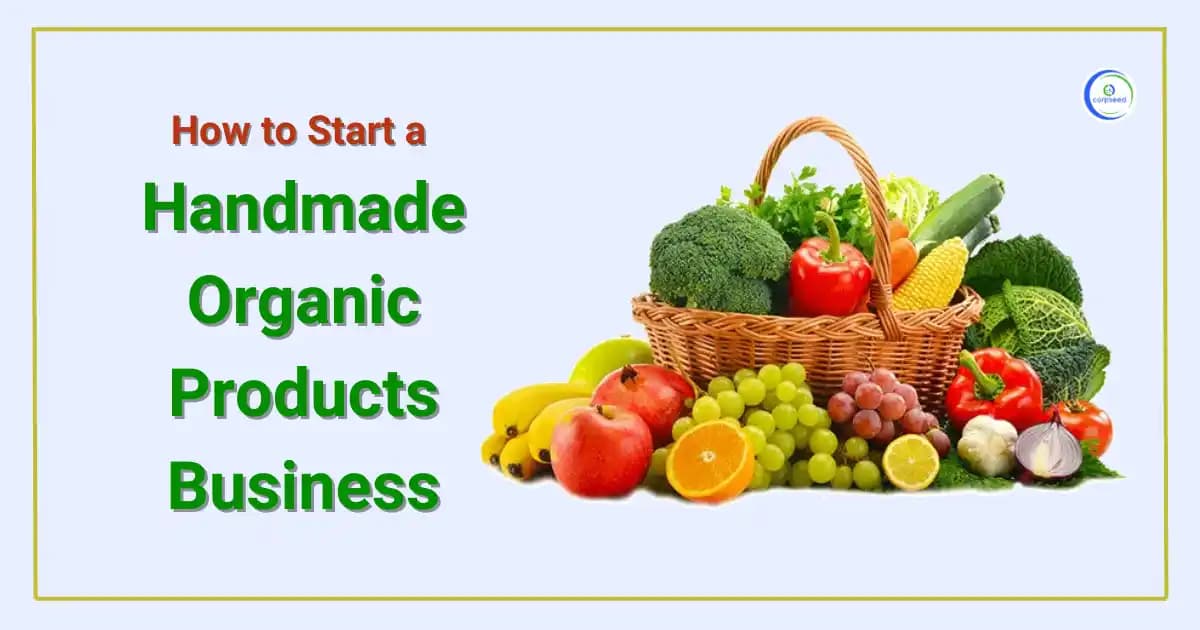
Loading...

An organic products business is characterized by the production and sale of items without the use of harmful chemicals or pollutants.
About the Author

An experienced legal researcher with a robust academic foundation in BBA LLB and LLM (Corporate Law), I have distinguished myself through extensive contributions to the field of legal research. My work has been widely published, including research papers, articles, and blogs featured in Hon'ble Justice Publications and various esteemed legal websites. My dedication to excellence in research has earned me multiple awards in research paper presentations and content writing competitions.
In addition to my legal expertise, I am committed to staying informed about the latest trends in content marketing and regulatory changes, ensuring that my writing remains relevant, impactful, and aligned with current industry standards. My work is characterized by a deep understanding of corporate law, a passion for thorough research, and a commitment to producing high-quality, insightful content.
Related articles

How to Apply for PCI Registration in Telangana
2025-12-23

MNRE Guidelines for Storage Battery Testing for Solar Systems
2025-10-03

Guidelines for the Scheme to Promote Manufacturing of Electric Passenger Cars in India (SPMEPCI)
2025-06-03

Top 10 Factory Setup and Turnkey Setup Consulting Companies in India
2025-05-13

How to Setup Nursing Homes?
2024-05-31

How to start a Solar panel Plant Setup
2024-05-28